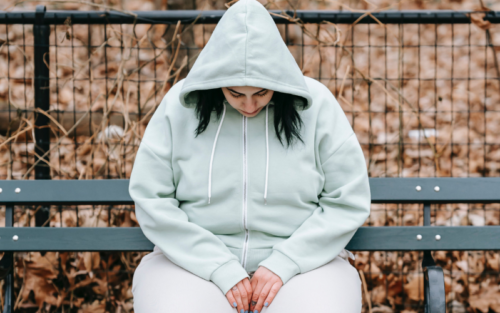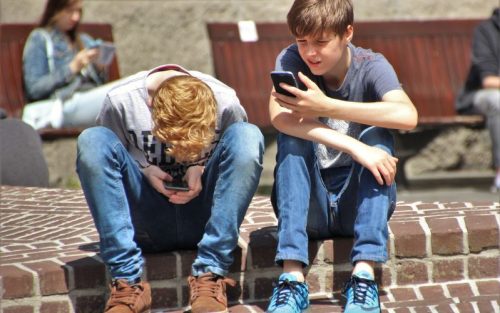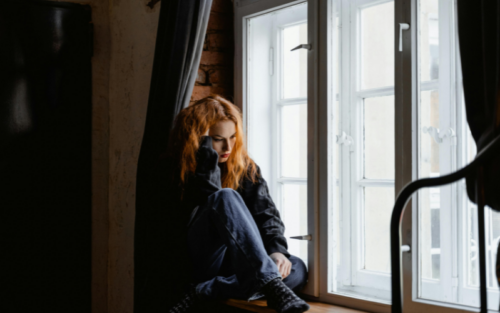
Since the 2020 Covid-19 pandemic and lockdowns, children, young people and adults alike have been struggling more with their mental health and wellbeing. Recently there has been a growing recognition of the importance of mental wellbeing in young people’s lives, including the importance of addressing mental health and wellbeing in an education setting.
At Life Lessons, we believe that mental health education is an integral part of any schools Relationships and Sex Education (RSE). By addressing mental health openly and inclusively, educators can empower young people with the resilience to navigate challenges they may face and give them the tools and strategies to better manage their own wellbeing.
Mental Health
It is important to understand that wellbeing encompasses a wide range of experiences and conditions. From person to person it can look completely different and affect everyone differently.
Mental health is a spectrum that includes things from day to day stress and mild anxiety to more severe disorders such as depression and bipolar disorder. It is essential to convey to young people that wellbeing and mental resilience can be dramatically different from person to person, that everyone’s experiences are valid and everyone is deserving of support in whatever form they may need.
Signs your Mental Health may be Suffering
Part of becoming more mentally resilient includes the ability to recognise the warning signs of wellbeing issues. This ability is critical for early intervention and allows the young person to seek the support they need to improve their wellbeing. Some signs include:
- Changes in mood or behaviour
- Withdrawn behaviour
- Disinterest in activities they usually enjoy
- Difficulty concentrating
- Struggling to sleep or feeling exhausted no matter how much sleep they get
- Dramatic changes in appetite
- Physical symptoms such as headaches, stomach aches or rashes
By educating young people on some of these warning signs we can help them recognise when they or someone they know are struggling with their mental wellbeing.
The Power of Communication
Speaking openly about mental health and wellbeing and normalising that everyone can struggle with their mental wellness is extremely important. This can have a positive impact on young people as we remove social norms surrounding speaking about our mental wellbeing.
RSE lessons are a perfect place to foster a supportive environment for young people to seek support if they are struggling. When we create these spaces we break down stigma and barriers to seeking help. By normalising conversations about mental health, we empower young people to ask for support when they need it and to support others in their journey.
Mental Health and RSHE
Discussions around mental health and wellbeing should be integrated into your RSHE curriculum. By connecting mental wellbeing education to broader themes of emotional intelligence and self-awareness, we provide young people with the tools they need to navigate their emotions and relationships in a healthy and positive way.
Empowering Young People
We need to be having these discussions around mental health and wellbeing in order to empower young people to take ownership of their mental wellbeing. Our RSHE curriculum and lessons allow young people to explore their emotions, develop coping strategies and building empathy towards other people. Through fostering a culture of openness and self-care we can help young people cultivate the resilience and strength they need to thrive.
Need Help Integrating Mental Health into your RSHE Curriculum?
At Life Lessons young people are at the heart of our RSHE materials and lessons. We integrate mental wellbeing into our lessons and our resource library is full of materials to support your existing resources. For more information book a call to discuss how we can help you.
Further Support
- Education Support for educators 08000 562 561 www.educationsupport.org.uk
- Student Minds 0113 343 8440 www.studentminds.org.uk
- Childline 0800 1111 www.childline.org.uk
- The Mix 0808 808 4994 www.themix.org.uk
- Mind UK 0300 123 3393 www.mind.org.uk
- The Trussell Trust 0808 208 2138 www.trusselltrust.org



